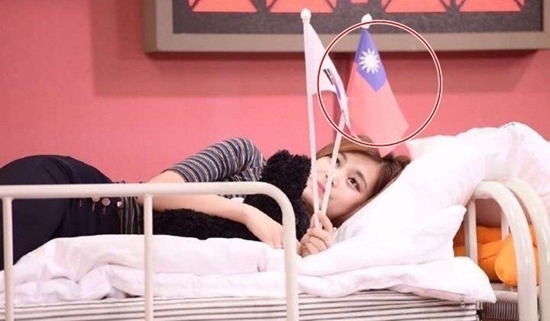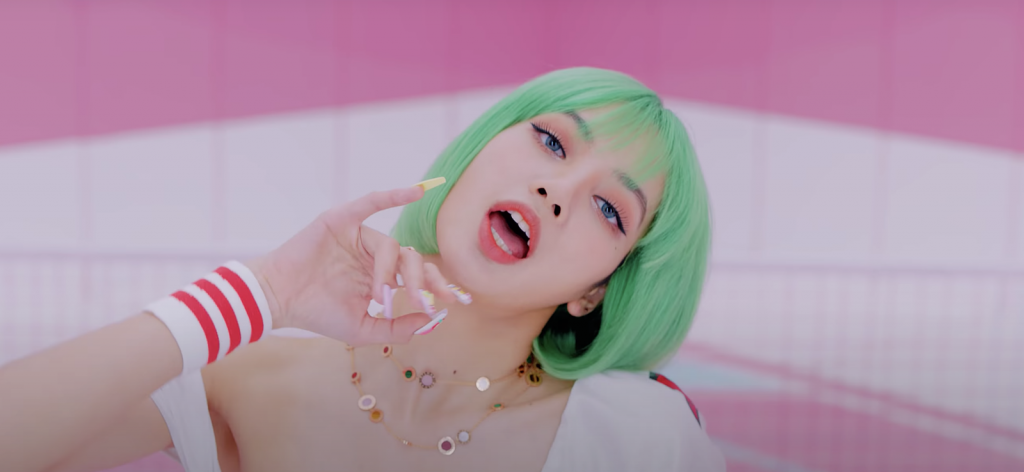Can K-pop be more politically sensitive?
K-pop industry is asked to be politically ‘woke’ as it expands globally
In my previous article, I talked about the K-pop fandom and its activism. This time, I want to dig deeper into political topics that are linked to the K-pop scene. If the K-pop fandom is politically sensitive and engaged, how about the K-pop industry itself? What kind of political stance are they making?
South Korea’s dark history left traumas in the cultural scene in Korea
Generally, the K-pop scene and the pop culture scene in South Korea seem to be pursuing apolitical stances. It is also due to South Korea’s history of being under the dictatorship with an authoritarian government. Before the democratization of South Korea in the late 80s, South Korean pop culture was severely censored and suppressed by its government. Cultural contents including songs were expected to be apolitical or patriotic. This history left collective traumas in the Korean cultural scene that it is still quite taboo to talk openly about political issues in the K-pop scene. Moreover, many K-pop idols are expected to follow their management companies’ rules so that they don’t claim their political opinions and remain silent.
However, being apolitical and ‘neutral’ is also a political statement. There’s nothing non-political and being silent about certain issue is not being ‘neutral’. As K-pop expands, participation in global political issues is on-demand and seems to be unavoidable.

K-pop scene and the South-East Asian politics
As K-pop is so mainstream in many South-East Asian countries, and many members of the K-pop groups are having multicultural background including Chinese-descent, the political conflicts in East Asia are certainly affecting the K-pop scene. For instance, in 2016, Tzuyu, a Taiwanese member of the famous K-pop group TWICE had to apologize to the Chinese fans for using a Taiwanese flag (Flag of Republic of China) on the Korean TV show making a statement that “There is only one China”. Recently, Lisa from Blackpink faced criticism from Thai protesters for not making any statement about the democratization movement in Thailand as a famous K-pop star and a Thai person. Interestingly, many Thai protestors sing K-pop songs for protesting and their community in Twitter is politically engaged as well.

As K-pop fandom is very politically active and sensitive, K-pop artists and the industry are expected to be more engaged in politics. While being silent about the issues is considered as being politically conservative and right-wing, it would be an interesting thing to observe how the K-pop scene would react onto this current political issues.
